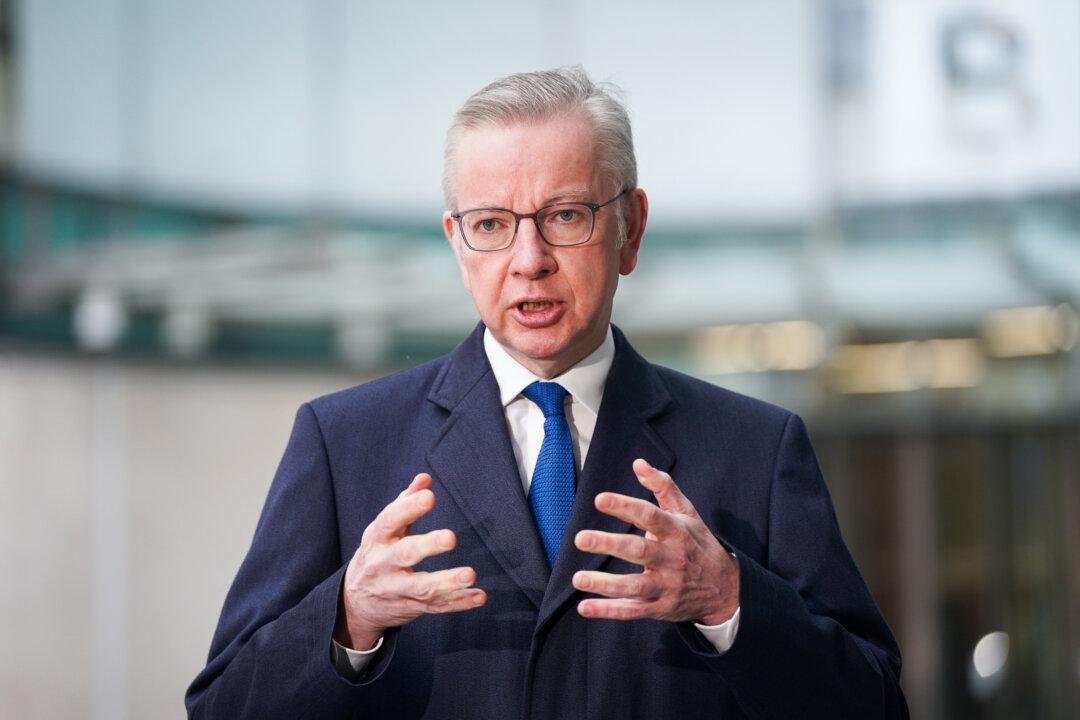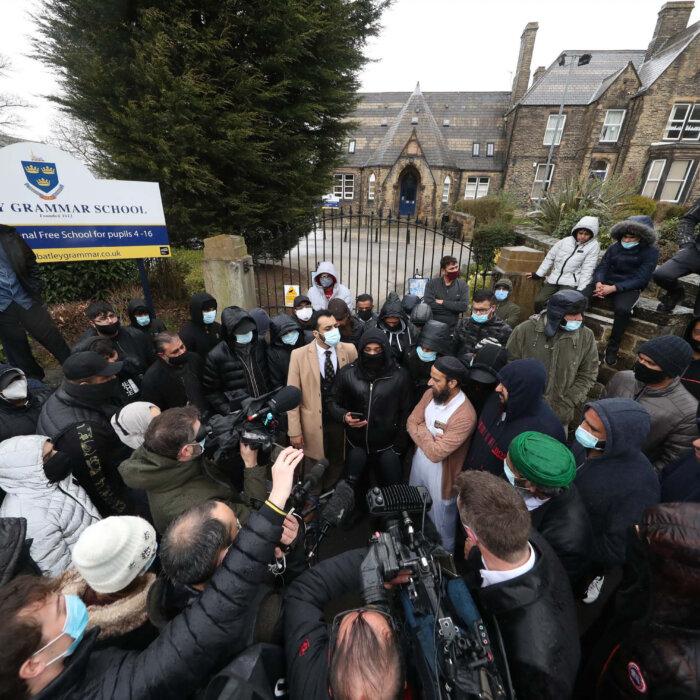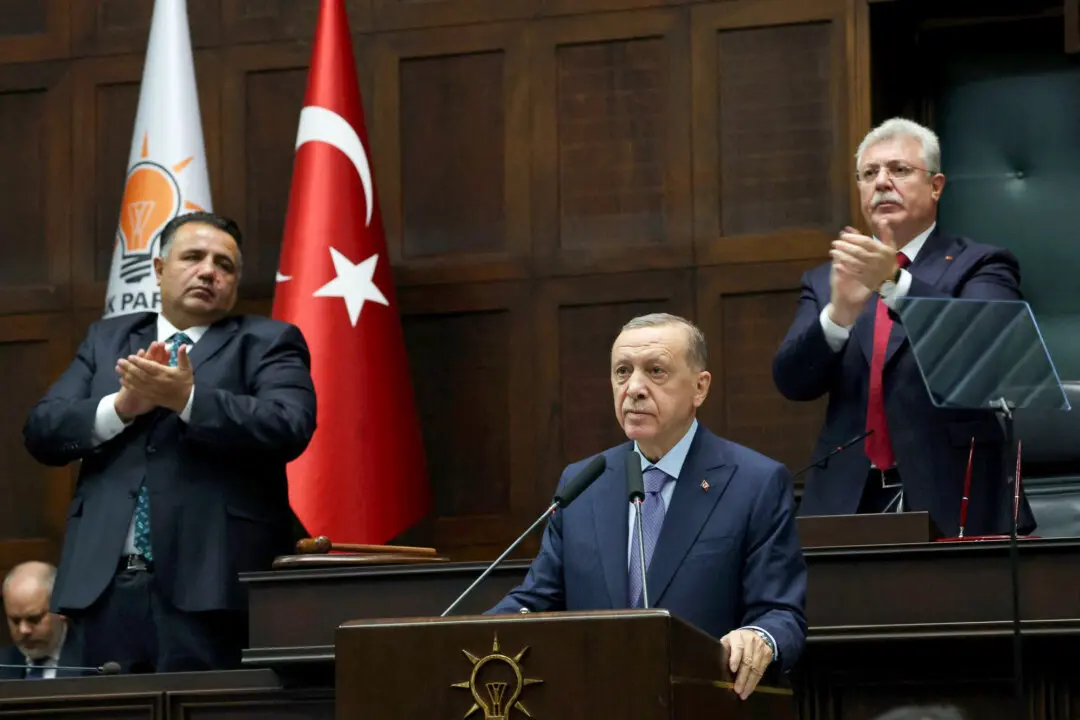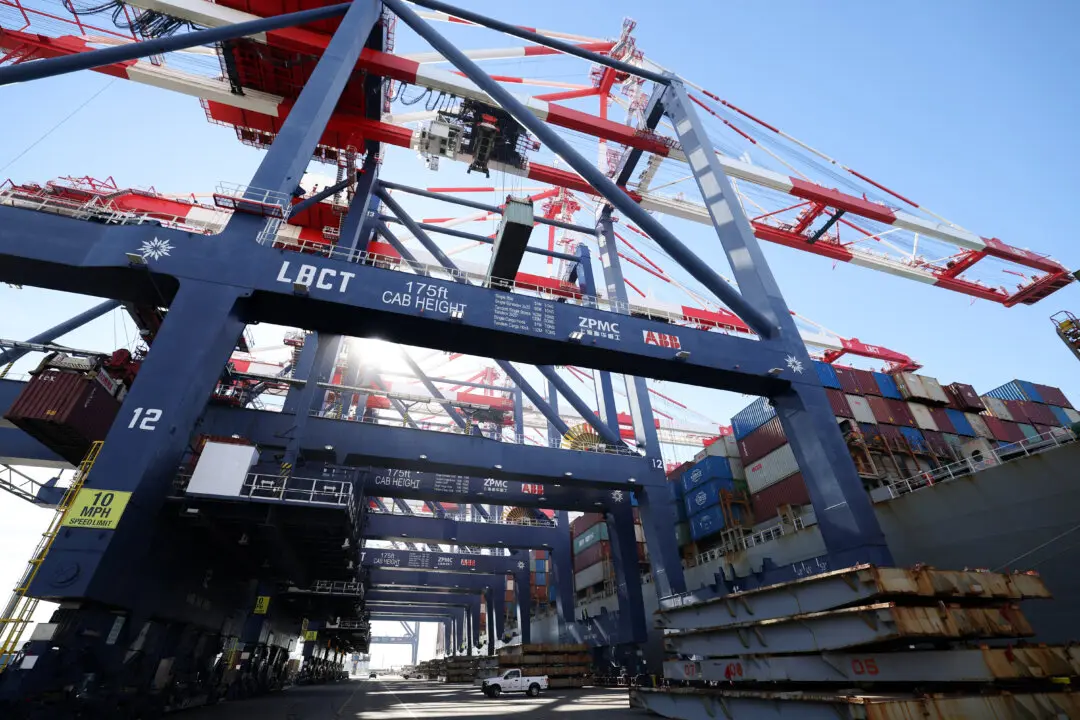Free speech activists have warned the government’s new definition of extremism is likely to backfire on critics of Islamist extremism.
Communities Secretary Michael Gove is expected to produce a new official definition of extremism later this week.
However the Free Speech Union expressed “little confidence” in how future governments’ counter-radicalisation programs would handle critics of Islam.
The decision to produce a new definition of extremism comes after Prime Minister Rishi Sunak earlier this month used an address to the nation outside Downing Street to warn of “extremist disruption” and “forces here at home trying to tear us apart.”
‘Poison’
Mr. Sunak warned of “a poison” of extremism amid tensions over the ongoing Israel–Hamas war.In a rare speech at Downing Street in March, the prime minister vowed tougher action on extremism and called on communities to “live together” rather than “living parallel lives.”
His speech followed the projection of the controversial “from the river to the sea Palestine will be free” slogan onto the Elizabeth Tower as part of a weekly mass protest.
Mr. Sunak said he fears that Britain, “a patriotic, liberal, democratic society with a proud past and a bright future,” is “being deliberately undermined.”
“There are forces here at home trying to tear us apart,” the prime minister said.
The government’s new definition will replace one in the existing Prevent counter-radicalisation programme, giving “more specificity,” and groups captured by the term will be blacklisted by the government, public bodies, and cut off from public funding.
Mission Creep
The Free Speech Union, which has won a series of high profile legal victories, warned that the new definition is likely to “rebound.”Toby Young, founder and general secretary of the union told The Epoch Times by email: “Our concern, however, with any expansion of the definition of extremism is that it seems likely to rebound on critics of Islamist extremism.
“We can have little confidence that a future government and the civil servants, teachers, and public sector workers charged with enforcing Prevent will not act to censor critics of Islam in the name of protecting community cohesion,” he added.
Double Standard
Last year, an independent review of the British government’s Prevent strategy found was “not doing enough to counter non-violent Islamist extremism” and “has a double standard when dealing with the extreme right-wing and Islamism.”An independent review of Prevent, led by the former chairman of the Charity Commission, William Shawcross, said, “Prevent must return to its overarching objective: to stop individuals from becoming terrorists or supporting terrorism.”
It added: “Challenging extremist ideology should not be limited to proscribed organisations but should also cover domestic extremists operating below the terrorism threshold who can create an environment conducive to terrorism.”
“Prevent takes an expansive approach to the extreme right-wing, capturing a variety of influences that, at times, has been so broad it has included mildly controversial or provocative forms of mainstream, right-wing leaning commentary that have no meaningful connection to terrorism or radicalisation.
“However, with Islamism, Prevent tends to take a much narrower approach centred around proscribed organisations, ignoring the contribution of non-violent Islamist narratives and networks to terrorism,” it added.
The Epoch Times has contacted the Department for Levelling Up, Housing and Communities for comment.







